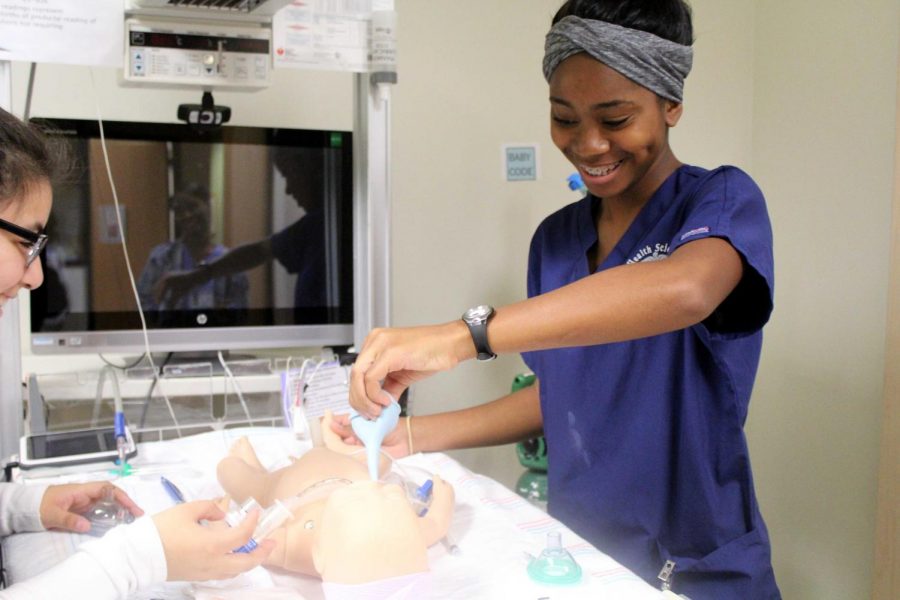Sexual Abuse Is A Silent Epidemic
Recognizing the signs can help end abuse.
April 14, 2018
Not all sexually abused children exhibit symptoms–some estimate that up to 40% of sexually abused children are asymptomatic; however, others experience serious and long-standing consequences.
Consequences of child sexual abuse begin affecting children and families immediately. They also affect society in innumerable and negative ways. These effects can continue throughout the life of the survivor so the impact in society for just one survivor continues over multiple decades.
Studies of adults suggest that factors such as the relationship to the perpetrator, age at first incident of abuse, use of physical force, the severity of abuse, and demographic variables, such as gender and ethnicity, impact a child’s willingness to disclose abuse.
Disclosure of abuse is often delayed; children often avoid telling because they are either afraid of a negative reaction from their parents or of being harmed by the abuser. As such, they often delay disclosure until adulthood.
A child who is the victim of prolonged sexual abuse usually develops low self-esteem, a feeling of worthlessness and an abnormal or distorted view of sex. The child may become withdrawn and mistrustful of adults and can become suicidal.
Males tend not to report their victimization, which may affect statistics. Some men even feel societal pressure to be proud of the early sexual activity, regardless of whether it was unwanted.
“As a man, you don’t want to give off the expression as being weak. As a boy growing up, you are taught to be tough and be the bigger person and if you tell someone you experienced that type of stuff, I guess that person will feel weak.” sophomore Jameal Francisco said.
Despite some skepticism of reporting methods by various agencies, declines in child physical and sexual abuse since the 1990s, as reported to National Child Abuse and Neglect Data System (NCANDS), reflect a true decline in prevalence.
Although, experiencing trauma in childhood can affect a person’s health and well-being into adulthood. It can impact your self-esteem, relationships, emotional and physical health and other aspects of life, but people that have been sexually abused can actually recover.
“I think with time and taking a stand for themselves they can recover from sexual abuse. It might take them a lot of time for it to truly ever be over, but with the support of others and speaking out I believe people can recover.” sophomore Macie Aschenbeck said.



























